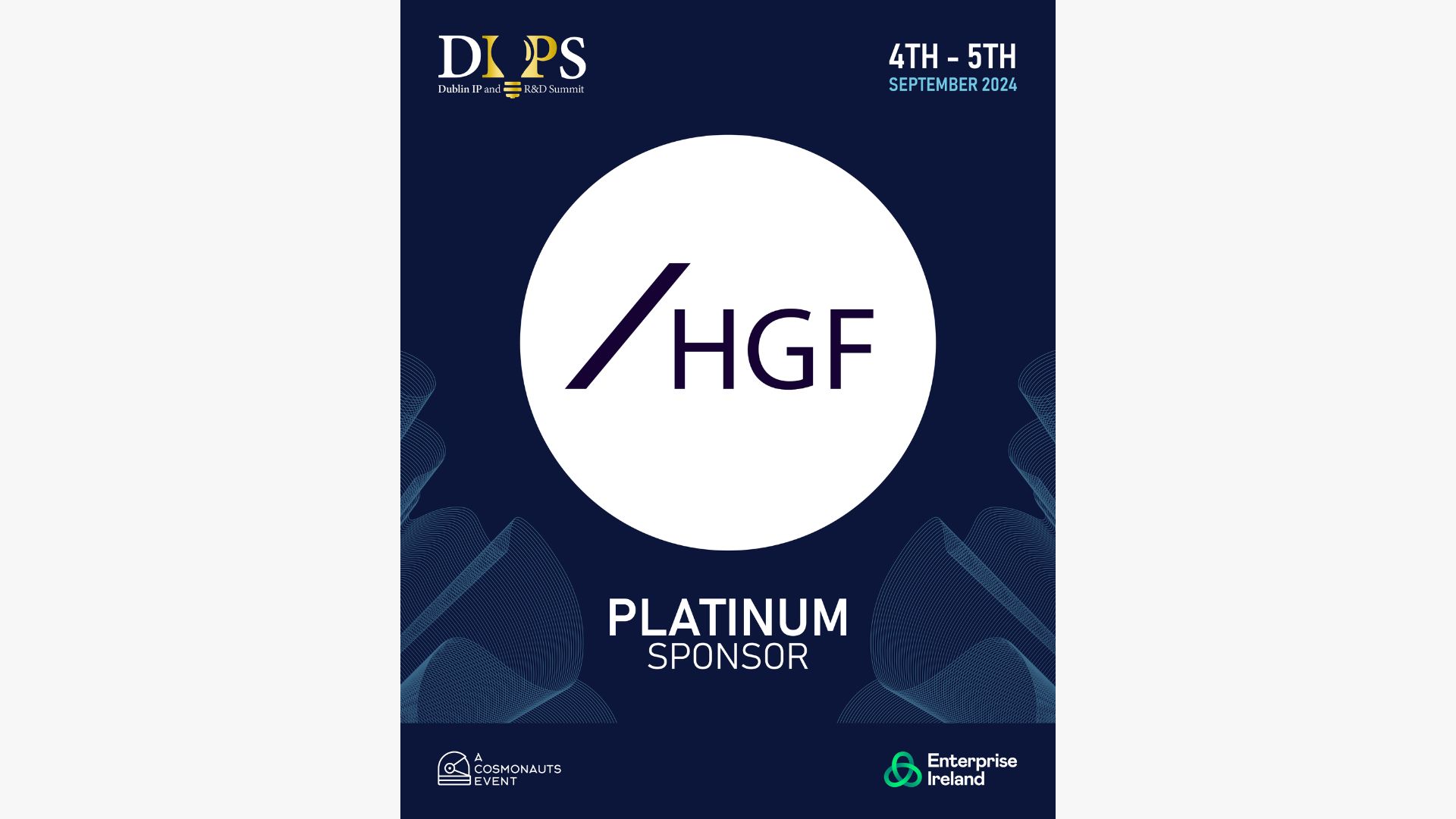Retail Scanner
Hermès and the MetaBirkin: As NFTs herald an advance in technology, can IP law keep up?
März 2022
The arrival of the metaverse brings yet further challenges for brand owners in a virtual and digital landscape. In the metaverse it is possible to purchase and trade various items and this area is becoming increasingly important for brand owners to explore and monitor.
As many readers will already be familiar with, a recent artist, Mason Rothschild, created a series of 100 works titled MetaBirkins. These were created as Non-fungible tokens (NFTs) which were the same shape and design as a Hermès Birkin bag but covered in what appeared to be fur. These are digital works which have been released only in the digital world, so there are no real bags being made. These virtual bags were then made available on OpenSea which is a peer-to-peer marketplace for NFTs.
Despite this, Hermès reacted in the way any fashion house would. To send a cease and desist letter claiming the MetaBirkins infringed their intellectual property rights. But does a work created in the digital metaverse have the same impact and thus subject to the same laws as those in the real world?
This is an area which is rapidly evolving intellectual property law. Rights such as trade marks and designs are protected on a territory by territory basis, as the metaverse is not a physical territory, what if any laws apply there? One theory would be that where the creator is based is the laws which should apply, so if the creator of the infringing work is based in the UK, then UK laws would apply to the infringing work.
It is possible to submit take-down requests and according to online reports the MetaBirkins were removed by OpenSea following Hermès’ request but have since reappeared on a different NFT marketplace. However Rothschild has claimed that he is entitled to create works based on works around him. Yes this may be true, but the real issue here is that these works are based on Hermès’ established IP and were gaining traction because of that association and reputation. Further they were released as NFTs which people were able to purchase and trade online. In addition, not only do the NFT MetaBirkins look like the Hermès bags, the name is clearly using the BIRKIN trade mark. So it appears Hermès have several grounds on which to base their claims.
Getting slightly more technical, there is an argument that Hermès’ trade mark rights are strictly in relation to actual bags and leather goods, rather than applying to those which exist in the digital world i.e. virtual bags which are effectively software. Under existing trade mark law these would be considered as computer software goods rather than bags per se. However, in the event the matter went to Court it would be interesting to see how a judge would find them dissimilar.
Rothschild has responded to the Hermès complaint on the basis that the MetaBirkins are not bags per se, they are images and NFTs which authenticate them, but crucially they are artwork.
Going forward, the Hermès matter is ongoing and it will be interesting to see where it goes and how far. There could be some new precedent being made. At the time of writing, Hermès has filed a trade mark infringement lawsuit in the New York Federal Court.
Thoughts for brand owners
Depending on what jurisdiction the matter is brought, brand owners will be limited by their existing trade mark rights as to how much action they can take against infringers in the metaverse. This is why there is a new trend for brands to be filing applications covering NFTs, software and virtual goods in class 9 where historically they would not have covered such goods. If such an action were brought under UK law, it would be possible to claim rights in a brand’s reputation which is then not exclusively linked or limited by the goods and services of the brand owner. Evidence is required in order to claim a reputation, but using the MetaBirkin as an example, it would be likely that a luxury brand such as Hermès would be more than capable of providing such evidence of repute.
Taking this matter into consideration, things to consider for brand owners would be – is it reasonable to foresee an expansion into the metaverse, and if so, then consider filing trade mark applications to cover the digital versions of the brands goods and importantly, the retail services of those digital goods. As we don’t know yet the extent of the territory requirement, it would be worth considering filing in any core territories. The benefit of registering such marks would likely far outweigh the cost of responding to potential infringers and thus would be seen as a sensible expense to protect valuable IP rights covering digital assets for use in the metaverse.
Interestingly, it appears that even Rothschild’s MetaBirkins have been subject to counterfeits with fake NFTs for lookalike digital MetaBirkins being created and sold for upwards of $35,000.
Turning to another fashion house which has been exploring the metaverse is Gucci. Gucci recently collaborated with Roblox, creating and selling rare Gucci items which were only available in the metaverse. These items were coupled with a virtual garden exhibit within the platform which ‘visitors’ could explore. Following this virtual experience, Gucci have now filed a trade mark application in the US covering ‘downloadable virtual goods..’ in class 9 and ‘retail store services featuring virtual goods..’ in class 35 which seems to be a sensible move.
With such ventures, the metaverse is making fashion and art more accessible to people around the world. With this comes new challenges, especially for IP rights for brand owners who may need to think in advance for covering digital versions of their brands or goods to try and head off potential future issues.
This article was prepared by HGF Trade Mark Attorney Rachel Platts.

































